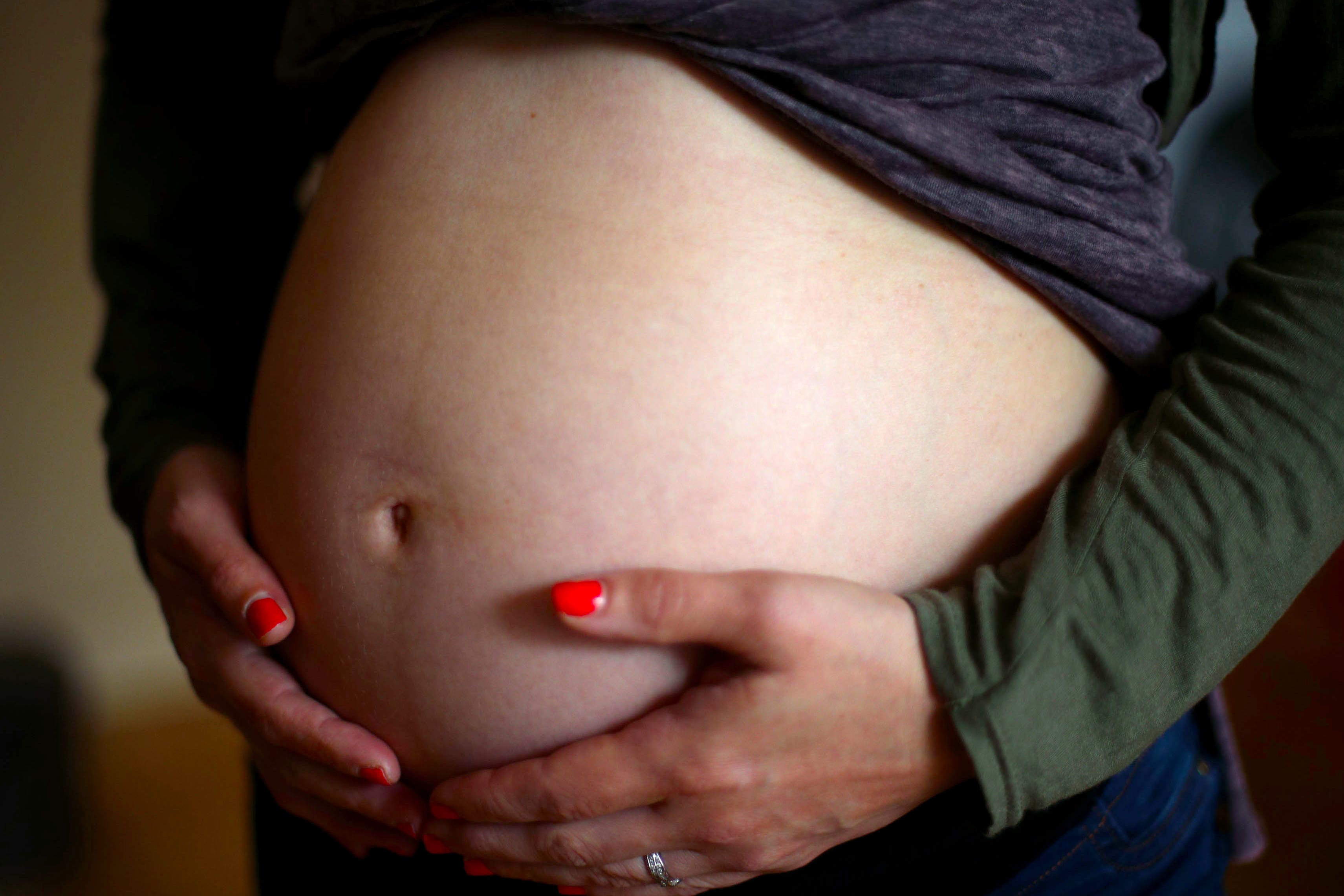Pregnant women with depression twice as likely to die as those without, researchers warn
Suicide is the leading cause of maternal deaths 6 weeks to a year after birth in the UK

Pregnant women with depression twice as likely to die as those without
Women who experience depression during pregnancy or in the year after giving birth are at a higher risk of suicide and attempting suicide, researchers have warned.
The British Medical Journal study warned that women who develop perinatal depression are twice as likely to die compared to those who don’t experience depression.
Suicide was the leading cause of death for women in the UK in 2022 between six weeks and one year after birth, while deaths from psychiatric causes accounted for almost 40 per cent of maternal deaths overall, according to a Perinatal Mortality Surveillance report.
Last year an analysis by Labour revealed 30,000 women who were pregnant were on waiting lists for specialist mental health support. The number of women waiting rose by 40 per cent between August 2022 and March 2023.
The most recent NHS data shows in September 2023, 61,000 women accessed perinatal mental health services. For 2023-24, the health service must hit a target to have 66,000 women accessing care.
In August 2023, the Royal College of Midwives published a research warning half of anxiety and depression cases among new and expectant mothers were being missed amid NHS staff shortages in maternity care.
Have you been impacted by this issue? email rebecca.thomas@independent.co.uk.
A new paper published in the British Medical Journal looked at data from 2011 and 2018. Researchers in Sweden found 522 deaths out of 86,551 women with perinatal depression, compared to 1,568 deaths out of 865,510 women without a diagnosis.
This showed women with perinatal depression were more than twice as likely to die – at a rate of 0.82 per 1000 – during the period compared to 0.26 per 1,000 for those without the condition.
The other study found that women with perinatal depression were more than six times at risk of dying by suicide as those without that same diagnosis.
Researchers took into account additional risk factors for depression and premature death including socioeconomic status, pre-existing psychiatric disorders, adverse birth outcomes, and death of a child within the first year after birth.
The report warned: “Women affected with perinatal depression, their families, and health professionals, particularly those working in primary, maternal, and mental care, need to be aware of the serious health hazards regardless of psychiatric history. Early detection and treatment are needed for groups at high risk of perinatal depression to prevent the fatal outcomes.”
Subscribe to Independent Premium to bookmark this article
Want to bookmark your favourite articles and stories to read or reference later? Start your Independent Premium subscription today.

Join our commenting forum
Join thought-provoking conversations, follow other Independent readers and see their replies